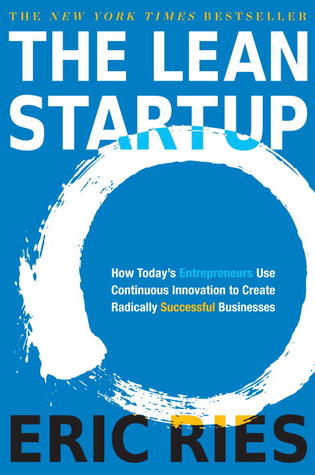3 Rules for Choosing Nonfiction Books
Heuristics I use to decide which nonfiction books to read
I love reading nonfiction. But, as I am sure you can relate, I only have limited time. Even if we were able to make enough time to read one book a week on average—certainly not the case for me right now—we would still only be able to read around 3,000 books in our entire adult lives. At my current pace, the real number will likely end up being far lower.
With this in mind, I want to spend my time reading good books! But how can we identify those, without first reading them? Today I want to share my heuristics for choosing good nonfiction books to read. I will also evaluate them against the books I have read in recent years, to see if they generally match up with my ratings.
Before I start, a disclaimer: All of this is, of course, highly subjective. I read nonfiction for enjoyment, and I enjoy nonfiction most when I am learning interesting things, or am guided to think in new ways. Preferably, claims should be backed by peer-reviewed studies, or presented as speculation otherwise. Either way, the author should be clear about this, and unbiased enough to present different sides of the issue.
With that out of the way, let's look at the rules.
Rule #1: Prefer books by experts in the field
The best nonfiction books I have read have invariably been by folks who spent their lives researching that particular issue. A couple of books in this category immediately come to mind: Why We Sleep, The Language Instinct, Gödel Escher Bach.
Positive indicators of this in a blurb may include "Professor in [field directly related to the book's topic]", "Long-time researcher in [field directly related to the book's topic]". Similarly, be wary of terms like "expert", "thought leader" and "journalist".
Yes, no books by journalists, unless it's about journalism. If the author is not an expert in the field, they should at least be a long-time practitioner. Malcolm Gladwell's books are enjoyable—there is no denying he tells compelling stories—but ultimately they rely heavily on anecdotal evidence. In general, I find that books by journalists cherry-pick examples to fit the argument, and gloss over (or completely ignore) evidence to the contrary.
Rule #1 does not apply to Biographies. Biographies are different. You do not need to be a professor of history to write a compelling and informative biography on John D. Rockefeller, nor do you need to have known him personally. I have read many excellent biographies written by journalists. Journalists are experts in the skill of using many disparate sources and weaving it into a compelling narrative. Certainly, this often results in opinionated character depictions, but I believe these are subjective by nature.
Rule #2: Only accept Goodreads ratings of 4.0 and up
An average rating on Goodreads higher than 4.0 with at least 100 ratings is always good sign. This XKCD comic explains this phenomenon well:

Unfortunately, Goodreads ratings are often not unbiased, and many of the reviews are from readers who received free copies in exchange for their reviews. That's why this is only Rule #2. It's also a good idea to read some of the lowest-rated reviews first, to see what the main complaints about the book are, and whether they would put you off reading it.
Rule #3: No books with the word "surprising" on the cover
This is targeted at books that market themselves as "the surprising truth" or "the surprising science" behind such and such. Often these books are already discarded by Rule #1 and #2. But for when they are not, Rule #3 exists to protect against over-simplification and one-sided arguments. I have not read all books with "surprising" on the cover, but the ones I have, I have found to be lacking.
Case studies
The following list of books was chosen from my Goodreads history, and I tried to choose a range of books that I rated between 1 star and 5 star. If you are wondering, the ratings were given shortly after I finished the books, and I had not created the 3 rules at that point. Let's see how the rules do against my subjective evaluations of some books I have read:
| My Rating | Notes |
|---|---|

5 stars |
|
 5 stars |
|
 5 stars |
|

4 stars |
|
 4 stars |
|
 3 stars |
|
 3 stars |
|
 3 stars |
|
 2 stars |
|
 1 star |
|
 1 star |
In fairness, Goodreads users don't agree with my opinion: they give it an average rating of 4.16. That's fine, and also why I don't rely solely on Goodreads ratings. I'd encourage you to read at least a bit of the book, and see whether or not you agree. |
For this small sample of books, the three rules perform remarkably well. I'll admit, I am surprised! On average, I rated books that meet all three criteria 4.6 stars, two out of three criteria 2.75 stars, and one out of three 1 star. Of course, my ratings are completely subjective, but I did give these ratings long before coming up with the rules, and they seem to be a very good guide.
Do you use a different set of rules? Or do you have a system that covers fiction books as well? I would love to hear about it.
You can also read replies to this on Hacker News.